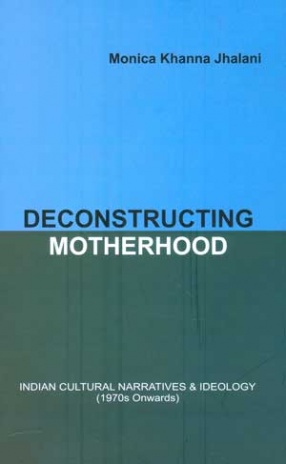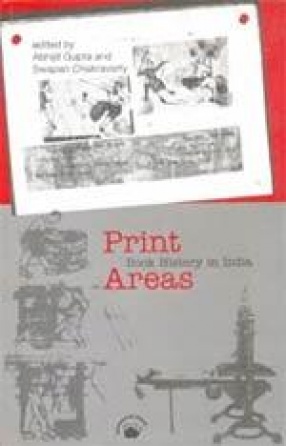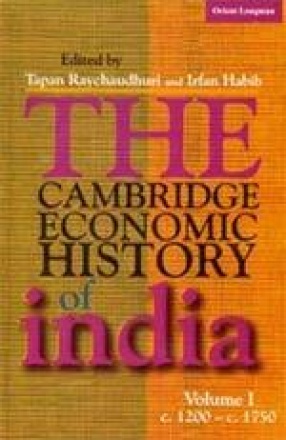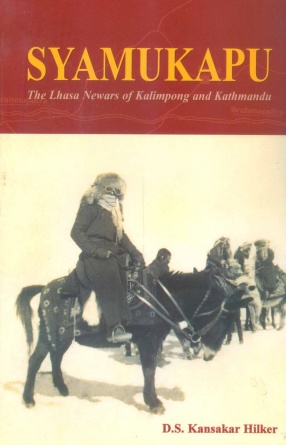Deconstructing Motherhood: Indian Cultural Narratives & Ideology, 1970 Onwards
Through an exploration and analysis of a vast number of literary and cultural narratives from the 1970s to the present, this book explores how motherhood is ideologically constructed as the woman’s primary role in India. It deals with various theoretical approaches to motherhood including the bio-determinist, Anthropological perspectives, and examines issues such as reproductive choice, infertility, assisted, reproductive technologies, abortion, voluntary childlessness, lesbianism, illegitimacy, and “working mothers.”
The cinematic material ranges from classics like Mother India and Deewar, to controversial films like Fire, to the critically acclaimed Astiva, and box office hits like Hum Saath Saath Hain, Gharwali Baharwali and Salaam Namaste. Literary narratives include books or short stories by Indian writers in English such as Shashi Deshpande, Anita Desai, Manju Kapur, Githa Hariharan and Jhumpa Lahiri, besides translations of regional writing by authors like Mahasweta Devi and Krishan Sobri.
Get it now and save 10%
BECOME A MEMBER







Bibliographic information